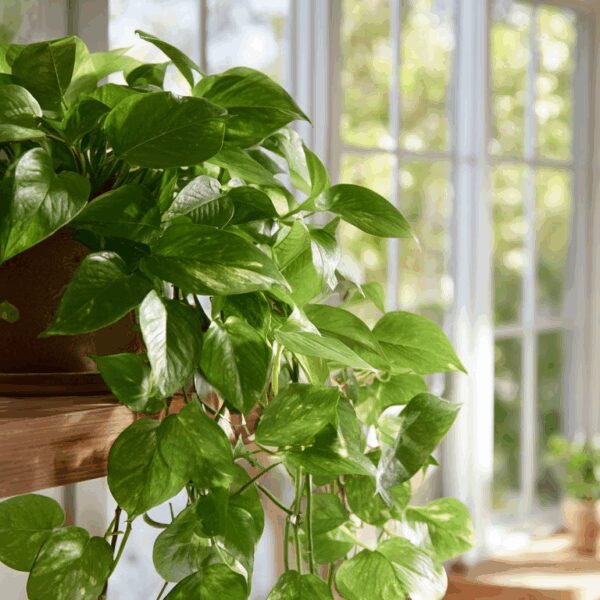Il tulip it is one of the most loved and admired spring flowers in the world. Their explosion of colors and elegant shape can transform any garden into a true floral paradise.
If you want to expand your garden and enjoy more of these wonderful plants, you’re in the right place!
You will discover how to divide your tulips and multiply them with ease.
Choose the right time
To get the best results in multiplication of tulipsit is crucial to properly plan when they should be divided.
The ideal time to divide tulip bulbs is after flowering, generally between May and June.
Do you know the plant that keeps insects away and blooms until October?
However, always make sure that the leaves are completely yellowed before proceeding.
Prepare the necessary tools
You will need some essential tools for this operation. Prepare a good one pala garden knife, a sharp knife and gloves are essential.
These tools will help you work safely and precisely.
Dig up the bulbs carefully
Dig carefully around the tulip bulbs to avoid damaging them.
Dig to a depth of about 20-25 cm and gently lift the bulbs from the ground, removing all the soil excess.
Divide the bulbs
Once you have removed the bulbs, separate the larger ones from the smaller ones.
Larger bulbs are generally ready to replant right away, while smaller bulbs may take a longer period to develop.
Prepare the soil
The choice of soil is crucial for the success of cultivation. Make sure the soil is well drained and enriched with organic matter.
Soil that is too clayey or too sandy is not ideal for tulips.
Plant the new bulbs
Plant the bulbs about 15cm deep and keep a distance of at least 10cm between each bulb. This distance allows tulips to grow without competing for nutrients.
Watering and care
After planting the bulbs, water the soil lightly. Don’t overwater, as overwatering can cause the bulbs to rot.
Continue to monitor watering during periods of low rainfall.
Protection from parasites
To protect your tulips from parasites and diseases, it is advisable to use natural treatments or specific products.
Tulip bulbs are particularly sensitive to aphids and there nematodesso good prevention is essential.
Reap the fruits of your labor
By following these simple steps, you can enjoy a flower garden and lush every spring.
The wait will be rewarded with a splendid explosion of colors and shapes, which will make your garden a true natural spectacle.







